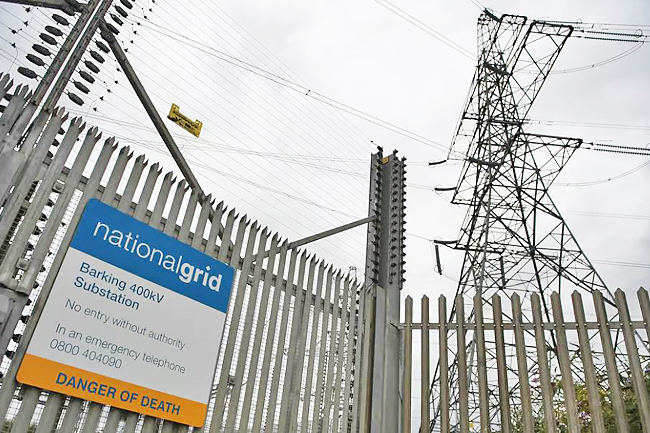LONDON (AFP) – The price cap on energy bills for most British households is to fall again, regulator Ofgem announced yesterday, offering mild relief amid the ongoing cost-of-living crisis.
Bills will decline from October thanks to a further fall in wholesale energy prices, which had soared in the wake of the post-COVID-19 recovery and the conflict in Ukraine.
The cap will fall to GBP1,923 (USD2,419, EUR2,240) per year from GBP2,074 for an average household consuming electricity and gas, Ofgem said.
At the height of last winter, it had reached GBP4,279.
“The change will bring the average dual-fuel energy bill below GBP2,000 a year for the first time since April 2022, saving households an average of GBP151 on the previous quarter,” Ofgem said in a statement.
Energy Minister Grant Shapps said it was “encouraging” that energy bills were coming down, calling it “another milestone as we deliver on our promise to halve inflation”.

Inflation in the United Kingdom eased sharply in July to 6.8 per cent year-on-year from 7.9 per cent in June, mainly thanks to lower energy prices, but it remains the highest in the G7.
While prices are falling overall, several massive government programmes subsidising households faced with sky-high energy prices have since come to an end.
A third of households, mainly those using less energy, could actually pay more this winter, warned the Resolution Foundation think tank on Thursday.
British households “are sick to death of yo-yoing gas prices that still remain stubbornly high,” the non-governmental organisation (NGO) Greenpeace said in a statement, criticising London’s recent decision to grant new oil and gas licences in the North Sea.
“Renewables are consistently the cheapest, cleanest form of power there is,” added the NGO.
Ofgem said the price drop “reflects further falls in wholesale energy prices, as the market stabilises and suppliers return to a healthier financial position after four years of loss making.”
The regulator’s caps are reviewed every three months and are linked to actual prices on the energy markets.



















































